About the programme
The EPICluster Mobility Program’s main objectives are to:
- Welcome early career researchers in hybrid residencies with the unique opportunity to run interdisciplinary research projects;
- Foster new research techniques by encouraging the use of interdisciplinary skills;
- Access research infrastructures at EPICUR’s partner universities
- Produce and transfer results through setting up an open, scholarly program that is directed at broader audiences and addresses the complex challenges faced by European/global society;
- Shape future academic careers while ensuring that every participant receives continuous supervision and guidance; to provide early career researchers with concrete perspectives by the end of the residency;
- Establish long-term cooperation between academia and external stakeholders, including society in general, to develop more sustainable strategies for education and training, research and innovation.
EPIClusters offer tailor-made experiences at one of the partner universities for researchers from both academic and non-academia and serve as a network for scientific exploration and ideas spanning the Alliance. Each EPICluster gather at least 5 early career researchers and non-university professionals in residence at one of the EPICUR-Research partner universities for a 1-to-6-month residency for research, creation, and experimentation.
Current projects
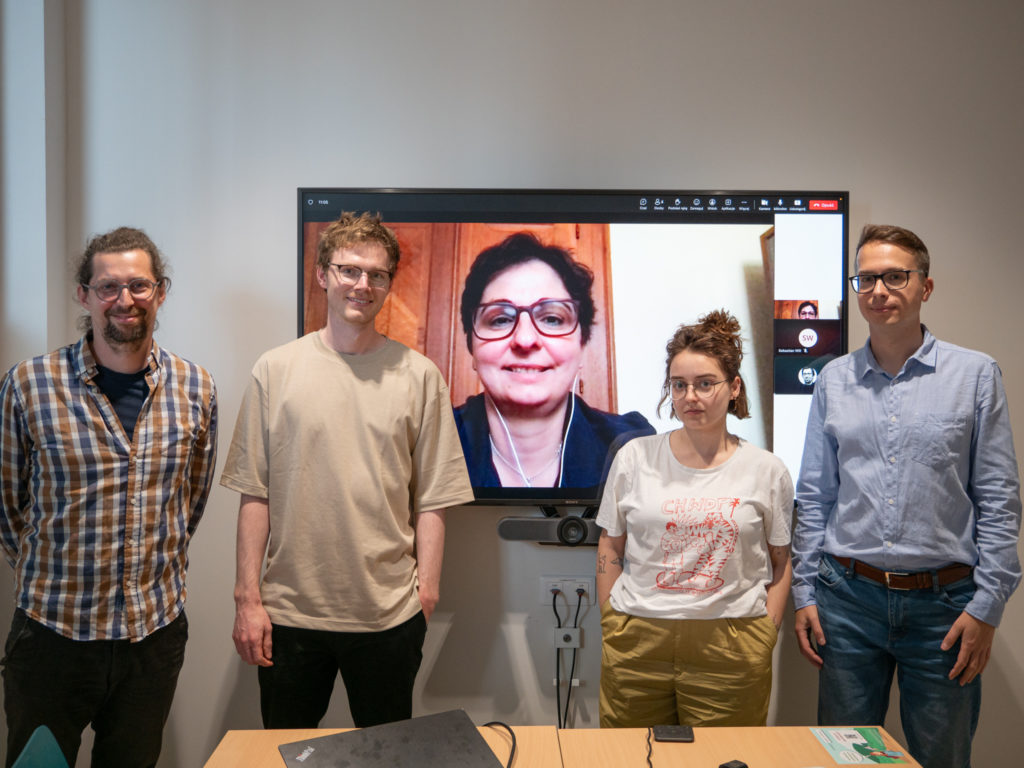
Seeking a new language
The EPICluster project “Seeking a new language: Narratives on home, (forced) migration and identity of newcoming Ukrainian youth to European cities” aims to identify the Ukrainian youth’s primary modes of narrating migration and the processes of settling in urban communities. The research team assume that reconstructing these narrative structures, especially the processes of metaphorization, will provide essential insights into how the identities of people with migration experiences are reconstructed in the new place.
Help them by answering their survey here: https://amuedu.qualtrics.com/jfe/form/SV_7TGSvxFnwjnBiHY
ePICnutrients
The project aims to create a collaborative framework for scientists from various fields to develop an innovative fertilizer using raw waste materials. It will also examine social aspects of scientific practice, including interactions between humans and non-human elements. A digital media environment will be created to visually represent the temporal, spatial, ecological, and cultural changes involved in trans-European scientific collaboration.
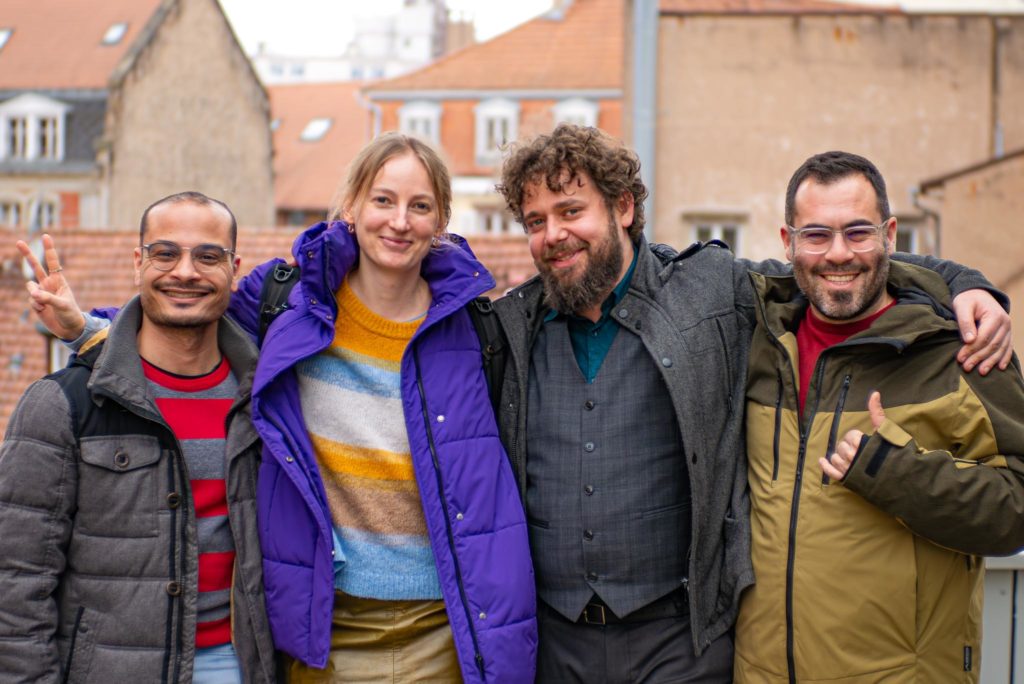
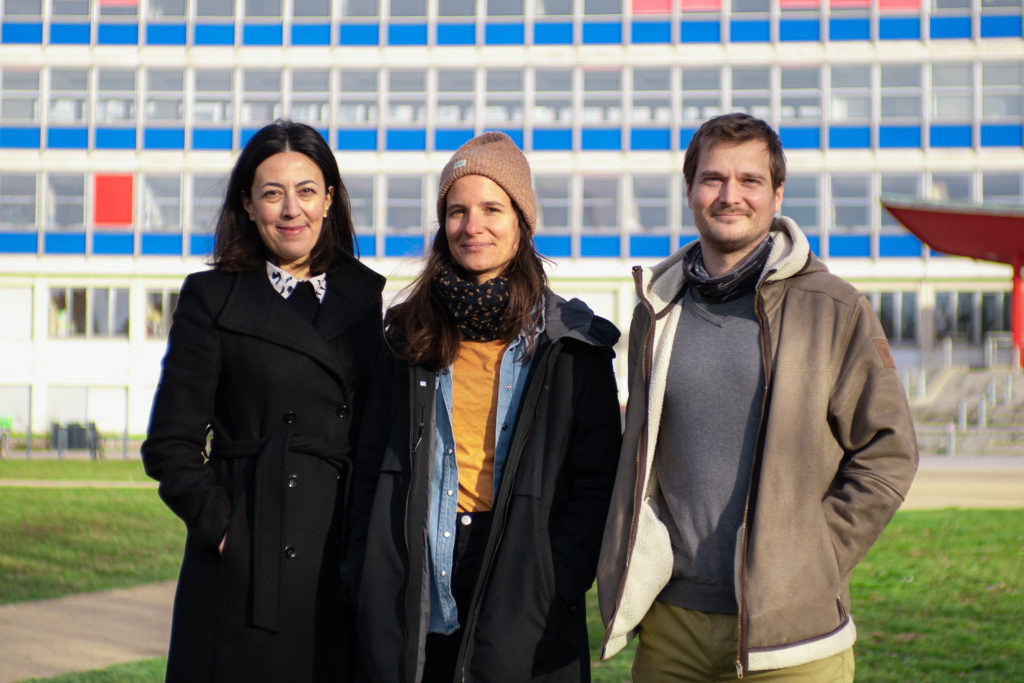
A sustainable and just renewable energy transition for Europe
“Developing a low-carbon economy, reducing energy dependence on fossil fuels and imports in general is at the heart of the European Union’s (EU) climate and energy strategies. So far, assessment of these impacts and participatory approaches to identify a sustainable and just pathway for the European Energy Transition are not yet addressed in a comprehensive and multidimensional way. We will fill this gap using an explorative combination of methods that will enable us to identify the expected social and ecological impacts and the main sources of concern.”
Co-Constructed early warning system against Tomato leafminer
“We aim to develop a novel sensor-based solution to provide an early warning system for tomato leafminer (Tuta absoluta), an economically costly pest for farmers in Europe. By combining novel sensors, we will develop a system capable of detecting pest infestation and provide an early warning to readily implement counter measures, such as the release of beneficial insects. This would certainly reduce the overuse of pesticides, a prevalent problem in agriculture. In addition, we aim to work in close cooperation with tomato farmers, as well as farming associations and companies to better understand their needs and get feedback on the developed sensors to ensure their usability across different types of farms and geographical locations in Europe.”
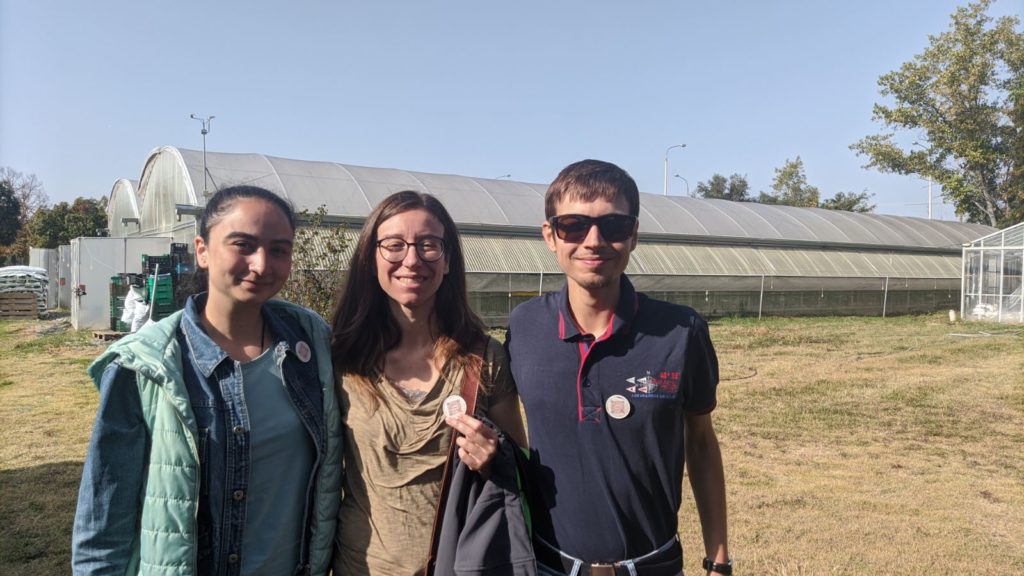
EPIClusters projects videos
Seeking a new language
A sustainable and just transition for Europe
ePICnutrients
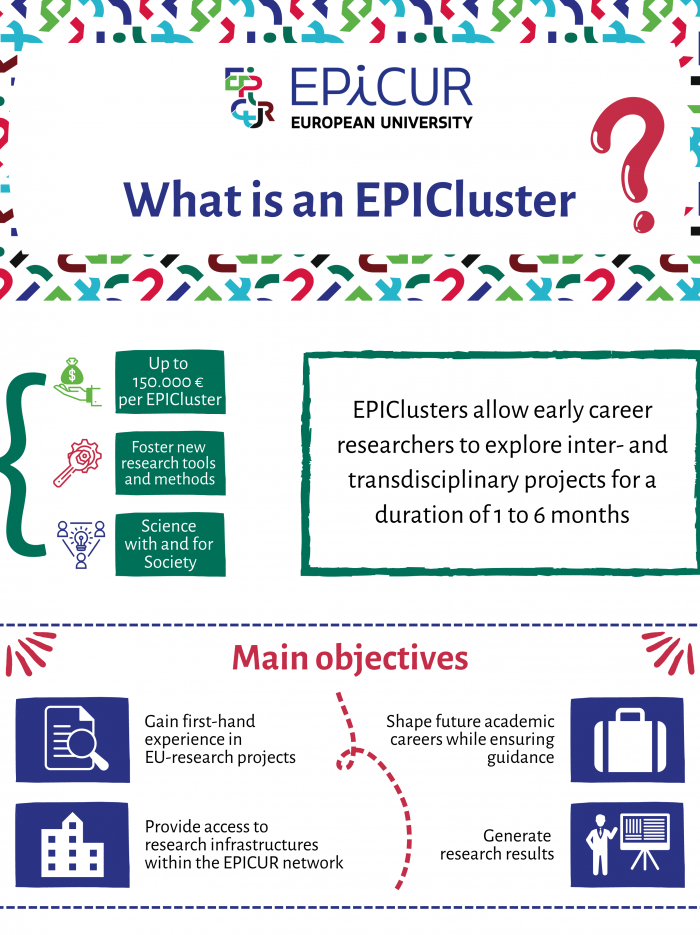

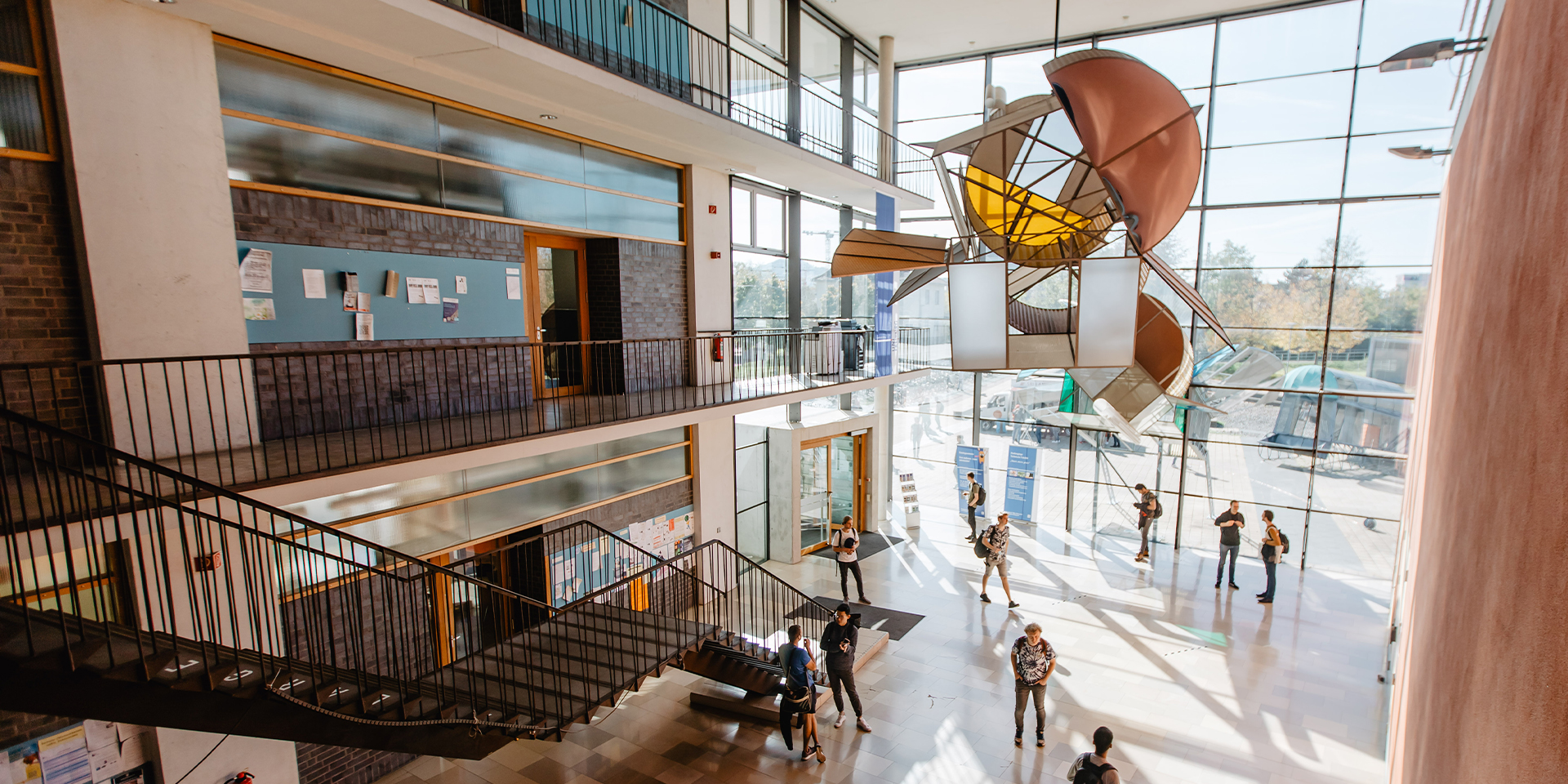
![<strong>EPICURtalk [VIDEO]: Teaching and Learning under the Conditions of Digitization and Digitality”</strong>](https://epicur.edu.eu/wp-content/uploads/2023/01/Capture-decran-2023-01-30-a-14.42.53-300x125.png)